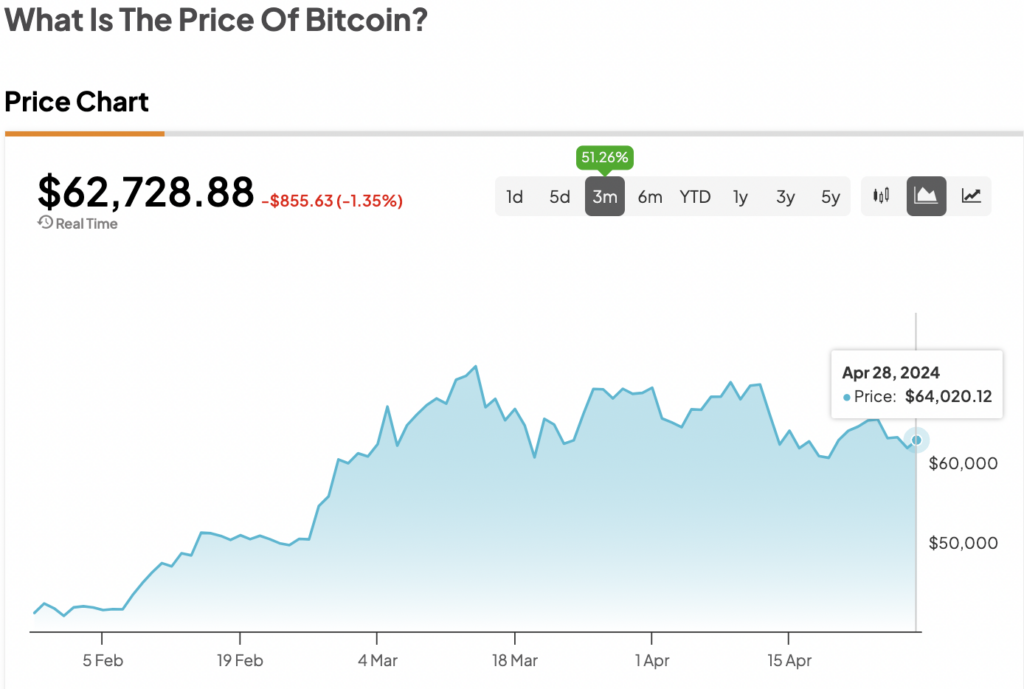BlackRock’s iShares Bitcoin Trust (NASDAQ: IBIT) has hit a peculiar pause. According to the on-chain analytics platform Arkham Intelligence, IBIT has gone three days without any fresh inflows. This stagnation comes after a 71-day streak of continuous inflows. Despite this halt, it’s important to note that the absence of inflows doesn’t necessarily signal a waning interest in Bitcoin (BTC-USD) or the crypto market.
Unpacking the Zero Inflow Phenomenon
The ETF market often witnesses periods where supply tightly aligns with demand, resulting in zero net flows. Bloomberg ETF analyst James Seyffart shed light on this, explaining that only significant imbalances in supply and demand lead to the creation or redemption of ETF shares. These transactions are typically executed in what are known as ‘creation units.’
Market makers play a critical role here, stepping in only when discrepancies between buying and selling pressures exceed a certain threshold. Seyffart clarifies, “Minor mismatches are managed by market makers trading shares as they would with stocks. But the imbalance must be substantial—beyond a creation unit in either direction—before tapping into the underlying market.”
This phenomenon isn’t unique to BlackRock’s Bitcoin ETF. Eric Balchunas, another Bloomberg ETF expert, points to the iShares MSCI Emerging Markets ETF (NYSE:EEM), which experienced $70 billion in trading volume over three months without any daily net flows. This further illustrates that high trading volumes can coexist with zero net flows.
Bitcoin’s Price Stability Amid ETF Inactivity
The halt in ETF inflows coincides with a period of consolidation for Bitcoin’s price, which has hovered between $72,000 and $61,000 recently.
Last week’s close for Bitcoin resulted in its fourth consecutive weekly close. That is the longest stretch of consecutive weekly losses since April 2022.

Don’t let crypto give you a run for your money. Track coin prices here









